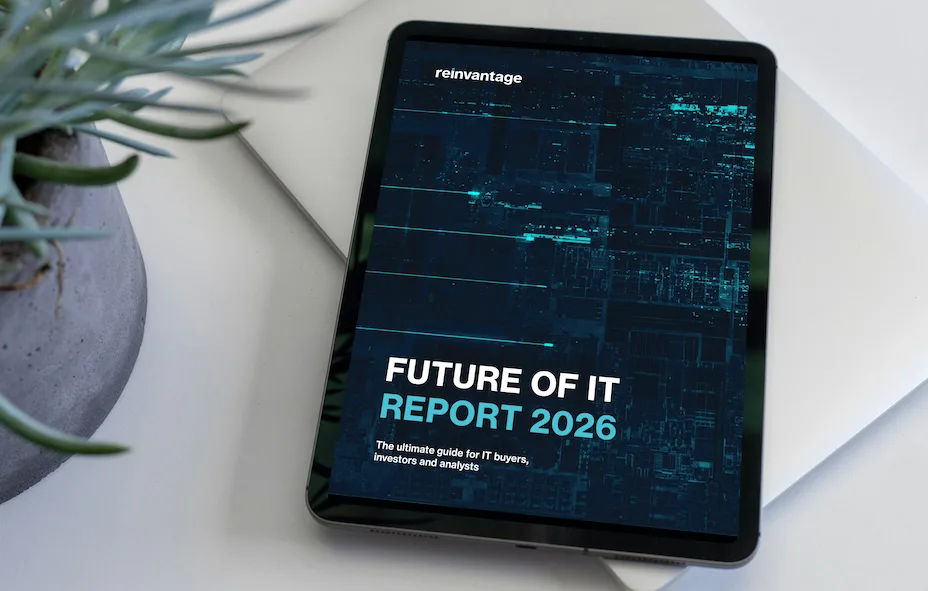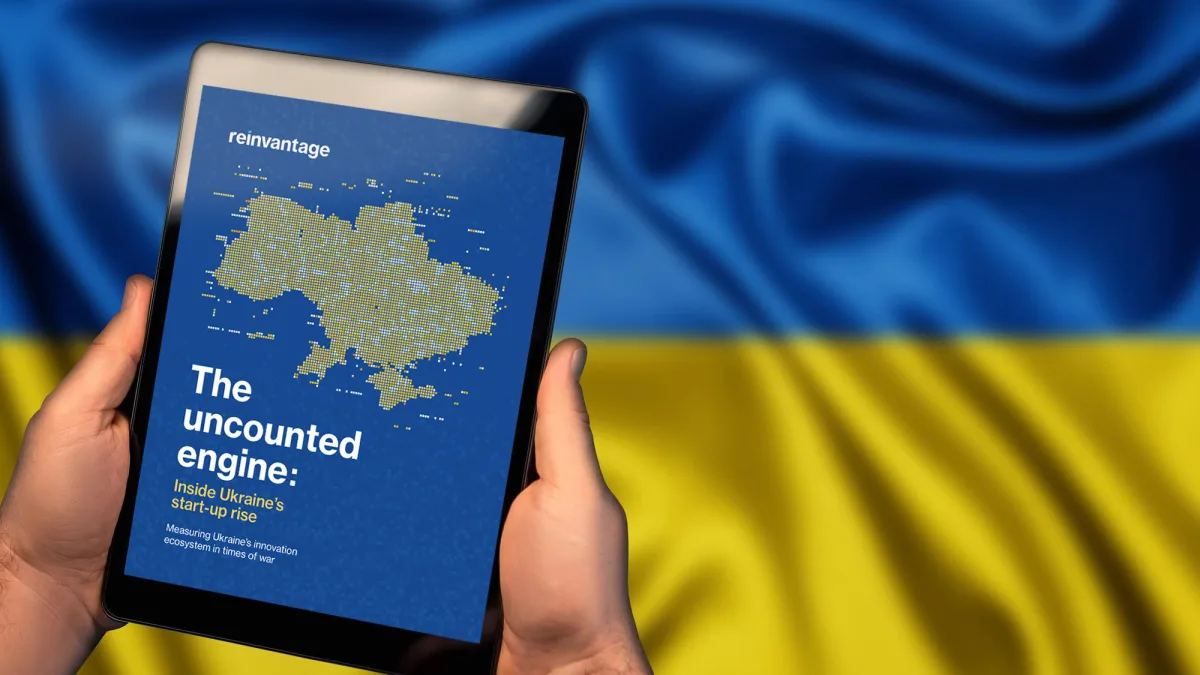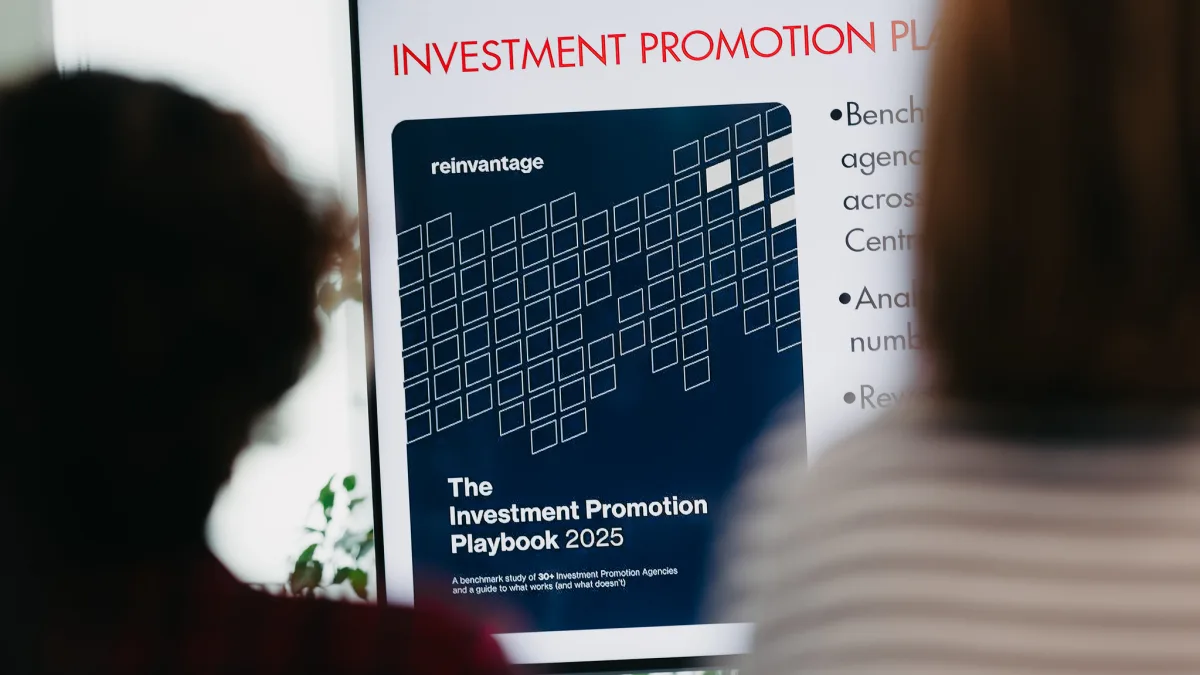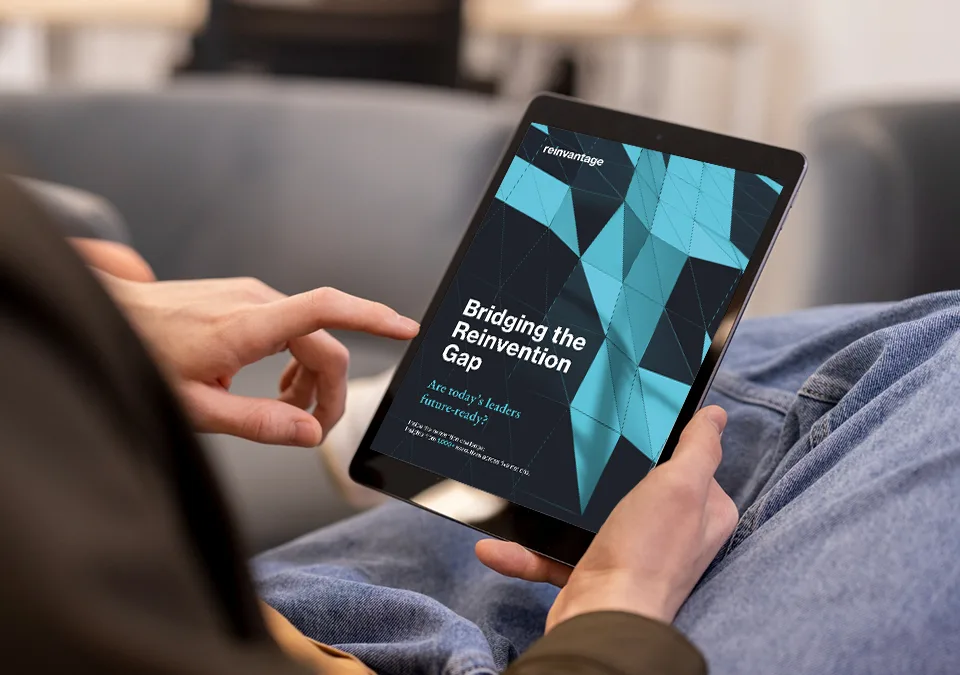London, November 7, 2025 – For the second consecutive year, Latvia has secured the top position in Reinvantage’s comprehensive assessment of investment promotion agencies across Central, Eastern and Southern Europe, the Balkans, and Central Asia. The Baltic nation achieved a commanding score of 70.83 points out of 100 in the expanded study, the Investment Promotion Playbook, which now encompasses 32 countries compared to 23 in previous editions.
The latest rankings reveal that investment promotion excellence remains concentrated among nations that prioritise transparency and reliable information over flashy marketing campaigns. Among the nine newly assessed countries, Turkey emerged as the standout performer, securing seventh place overall with particularly strong digital capabilities.
“Latvia’s continued dominance demonstrates a fundamental truth about modern investment promotion: investors prefer reliability to razzmatazz,” said Craig Turp-Balazs, Head of Insight and Analysis at Reinvantage and lead author of the report. “The country achieves the highest score for information validity by treating transparency as a competitive weapon rather than a necessary evil. This straightforward approach consistently outperforms more creative but less reliable alternatives.”
The study evaluates countries across five key metrics: validity of information (30 points), support and community building (25 points), online presence and ease of use (20 points), innovation and creativity (15 points), and response to current developments (10 points).
Estonia (68.67 points) and Ukraine (63.50 points) round out the top three, with Ukraine’s third-place finish particularly remarkable given the country’s management of ongoing military conflict. Slovenia (62.50 points) and Lithuania (62.33 points) complete the top five, reinforcing the Baltic region’s dominance in investment promotion excellence.
“Ukraine’s performance whilst managing an existential military threat exemplifies what effective responsiveness can accomplish,” noted Turp-Balazs. “The country demonstrates that investment promotion can serve purposes beyond immediate economic returns, maintaining investor confidence whilst preparing ground for post-conflict reconstruction.”
Türkiye’s seventh-place finish represents the strongest performance among newly assessed countries, driven by exceptional digital competence with a perfect score of 20 points for online presence—the highest achieved by any nation in the study. The country’s success validates the decision to expand the geographical scope of the rankings.
“Türkiye’s digital excellence reflects recognition that modern investment promotion increasingly occurs in virtual environments where first impressions prove decisive,” Turp-Balazs explained. “The country has built platforms that allow meaningful preliminary assessment without expensive face-to-face meetings—precisely what time-pressed investors demand.”
The expanded assessment reveals concerning patterns among some traditionally strong economies. Several EU member states underperform non-EU competitors, with Bulgaria ranking 21st, Croatia 24th, and Cyprus 28th, suggesting that institutional advantages must be actively leveraged rather than passively relied upon.
At the bottom of the rankings, Tajikistan (17.50 points) and Kyrgyzstan (16.33 points) demonstrate comprehensive institutional failures that essentially disqualify these countries from serious investment consideration.
“The gap between excellence and mediocrity in investment promotion has never been wider,” said Turp-Balazs. “Countries like Latvia with populations smaller than Birmingham have built world-class operations, whilst nations with populations exceeding 30 million cannot manage basic website maintenance. This isn’t about resources—it’s about choices.”
The study identifies a troubling decline in average performance among the original 23 countries, dropping from 50.91 points in 2024 to 50.61 in 2025, while newly incorporated countries average just 39.69 points.
Key findings from the 2025 assessment include:
Information validity remains paramount: Countries achieving high scores for accurate, transparent data consistently outperform those with creative but unreliable approaches
Digital competence is now mandatory: Strong online presence has evolved from nice-to-have to absolute requirement
EU membership provides no immunity: Several union members underperform non-EU competitors
Political stability correlates with performance: Countries facing domestic turmoil struggle to maintain investment promotion effectiveness
Size doesn’t matter: Small countries with focused strategies outperform larger nations with scattered approaches
“The evidence is unambiguous: investment promotion excellence is a choice, and most countries are choosing poorly,” concluded Turp-Balazs. “The requirements are neither secret nor complex—maintain accurate information systems, build functional digital platforms, provide comprehensive investor support. What they do require is systematic attention and political commitment to excellence over activity.”
The complete rankings and detailed analysis are available in Reinvantage’s comprehensive report, which provides strategic insights for policymakers and investment promotion professionals seeking to enhance their countries’ competitive positions.
Find out more about the Reinvantage Investment Promotion Playbook 2025, and download the full report, here.
Photo: Dreamstime.







